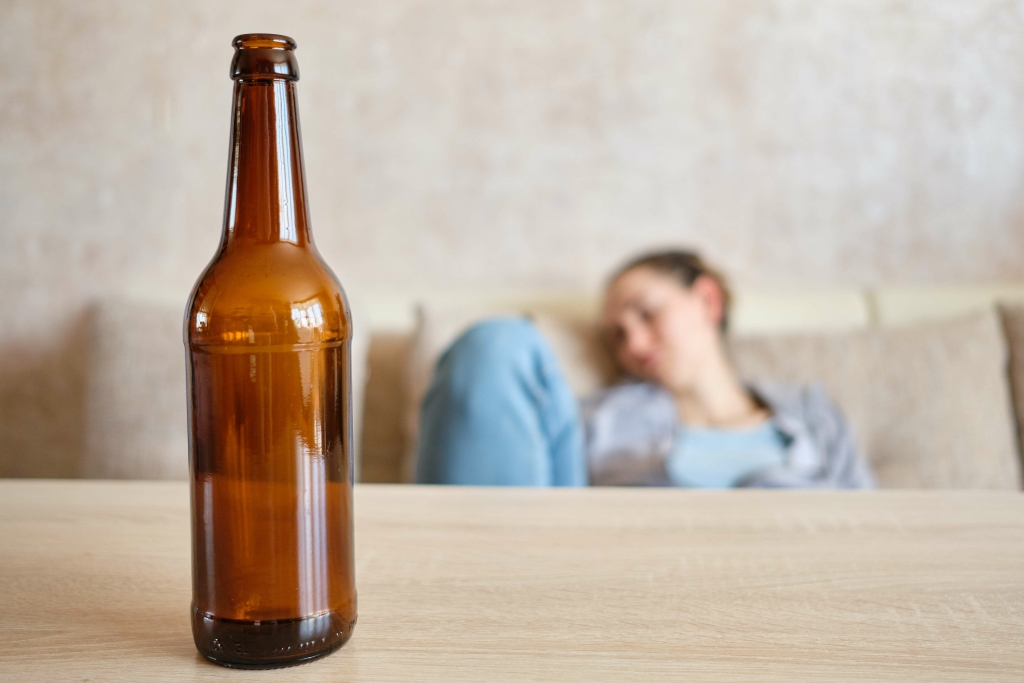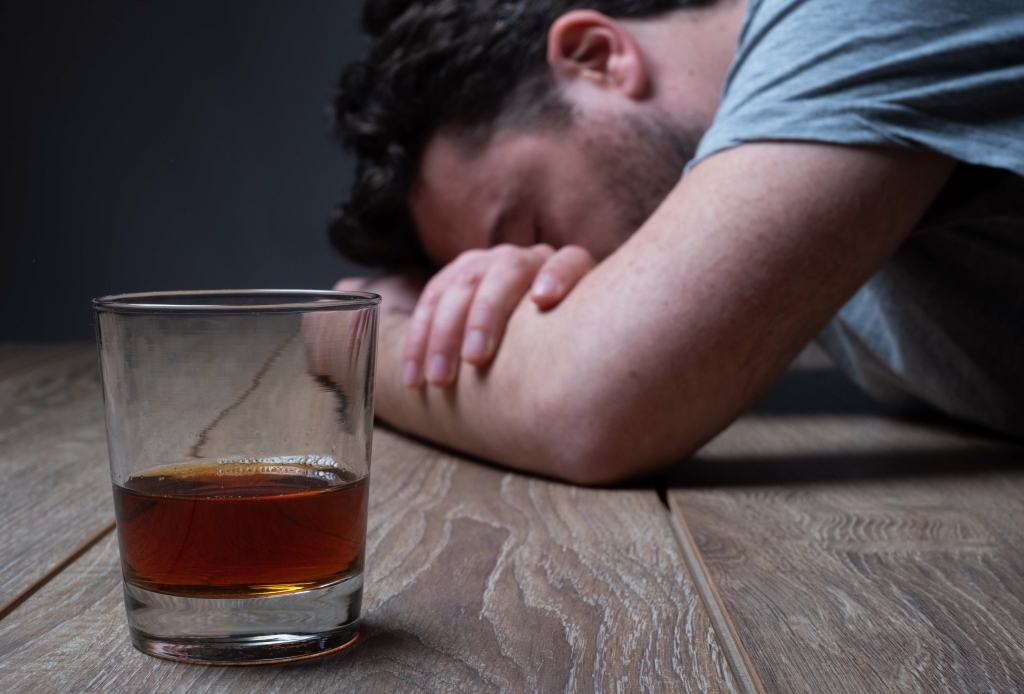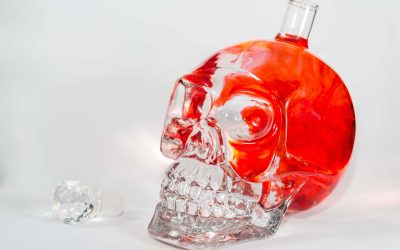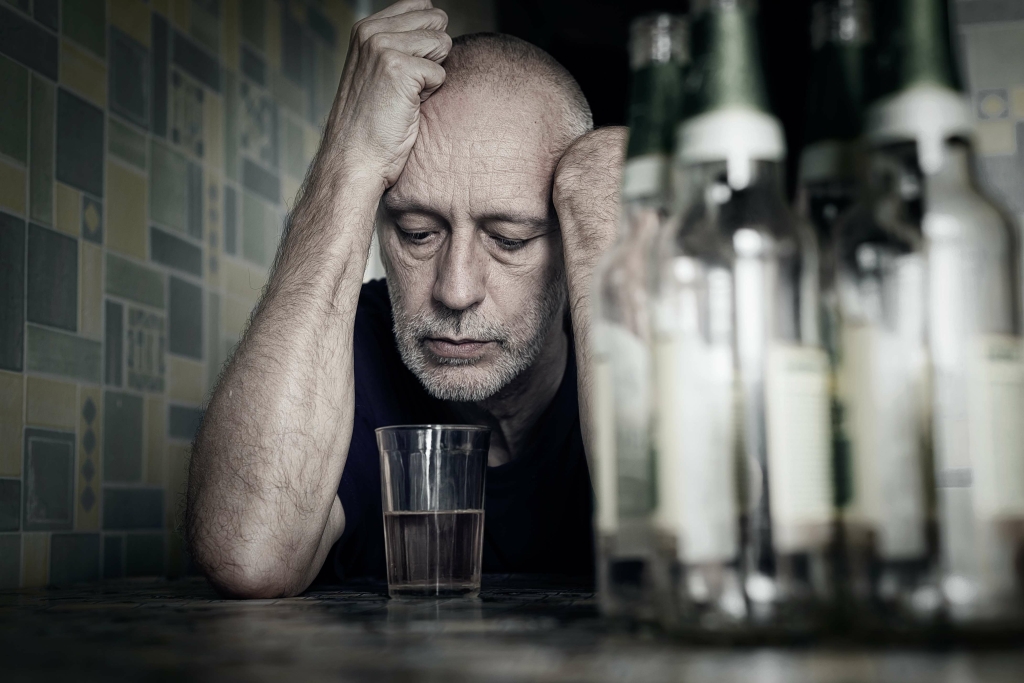What Happened? Alcohol, Memory Blackouts, and the Brain PMC
In addition to their prevalence rate of54%, Barnett and colleagues (2014)found that college students reported experiencing an alcohol-induced blackoutnearly once every five drinking weeks during the first year of college. Thus,alcohol-induced blackouts are not only common among those who consume alcohol,but also recur over time. During the 2 weeks preceding the survey, an equal percentage of males and females experienced blackouts, despite the fact that males drank significantly more often and more heavily than females.
Is it ok for people with diabetes to drink alcohol?

If you have diabetes, drinking alcohol may cause your blood sugar to either rise or fall. Living with diabetes does not necessarily mean you have to avoid alcohol completely. In fact, there are certain health benefits to the occasional cocktail or drink. Moderate drinkers, for example, have been shown to experience lower rates of cardiovascular disease.

So if I have diabetes I can drink as usual?
Unlike protein, fat, or carbohydrate, alcohol doesn’t require insulin to provide energy to the body. Yet, many people assume that alcoholic drinks are loaded with carbs, not realizing that wine and spirits are practically carbohydrate free—with only a trace of carbohydrate in spirits and roughly four grams of carbs in a five-ounce glass of wine. The exception is sweet http://joomla.ru/docs/books/1815-cms-security-handbook dessert wines, which pack 14 grams of carb in a tiny three-and-a-half-ounce glass. The combination of alcohol-induced hypoglycemia, hypoglycemic unawareness, and delayed recovery from hypoglycemia can lead to deleterious health consequences. For example, Arky and colleagues (1968) studied five diabetics who experienced severe hypoglycemia after ingesting alcohol.
- As is clear from patient R.B., removing CA1 pyramidal cells from the circuitry prevents the hippocampal memory system from doing its job.
- The dose-dependent suppression of CA1 pyramidal cells is consistent with the dose-dependent effects of alcohol on episodic memory formation.
- Heavy alcohol consumption may increase a person’s risk for developing this disease.
What other dangers does alcohol pose for people with diabetes?
- Indeed, longitudinal work by Squeglia and colleagues [25] reported reduced grey matter volume in alcohol-naive adolescents who later transitioned to moderate binge drinking.
- Finally, alcohol can also interact with common medicines prescribed for diabetes, including chlorpropamide (Diabinese), metformin, and troglitazone.
- These findings suggest the possibility that the linking of context with an episodic memory is suppressed by the experience of memory blackouts.
- For example, a 12-ounce beer may have as low as nine grams of carbs, while a five-ounce glass of wine has about four.
- Of patients drinking alcohol, 1,335 primarily drank wine (median consumption of 5, IQR 2–۱۰, drinks per week), while 2,054 primarily drank beer and spirits (median consumption of 7, IQR 3–۱۴, drinks per week).
It also lowers inhibition, hinders impulse control, and affects decision-making. Drinking is individualized and there’s no universal rule for how to do it safely when you live with diabetes. Talk to your doctor about your drinking habits and they can provide you with tips and tricks for how drink in a way that works for you. A blackout is not the same as “passing out,” which means either falling asleep or losing consciousness from drinking too much. Our recovery programs are based on decades of research to deliver treatment that really works. Scientists debate the exact way a memory is formed, but most agree that memories are made in three stages.
- It is important in the future to dissociate the study of hangovers and MBOs to determine the relative impact of both experiences on cognition.
- Males reported drinking significantly more than females, but they did so over a significantly longer period of time.
- Height and weight were recorded and entered into an alcohol-dose formula [42], along with gender and age.
- Approximately 50 percent of college students who drink have experienced a blackout.
Lack of recall for the events 24 hours later, while sober, represents clear experimental evidence for the occurrence of blackouts. The fact that subjects could remember aspects of the events 2 minutes after they occurred but not 30 minutes or 24 hours afterward provides compelling evidence that the blackouts stemmed from an inability to transfer information from short-term to long-term storage. For all but one subject in the blackout group, memory impairments began during the first few hours of drinking, when BAC levels were still rising. The average peak BAC in this group, which was roughly 0.28 percent, occurred approximately 2.5 hours after the onset of drinking.

Alcohol Use And Addiction Among Diabetics

The most effective way to overcome alcohol use and addiction as a diabetic is to seek professional treatment. Drinking can cause a person to become less aware of how they’re feeling in their body as well as their surroundings. If you or someone you know has diabetes and is abusing alcohol, it is important to seek professional help as soon as possible. J.I.B. designed this substudy, undertook the statistical analyses, and wrote the initial drafts of the paper.
This is especially true with carbohydrate-heavy drinks like beer and sweet wine. Moreover, our deeply encoded items were presented within a sentence context, which we did not test memory for. Contextual details for events (what, where, when, etc.) are bound together with the event itself to create an http://tekst-pesni.ru/index.php?name=engsongtext&op=view&id=419475 episodic memory, and these contextual (source) details are hypothesised to aid recollection [60]. Alcohol is thought to impair this process; indeed, the loss of some contextual details, such as serial ordering of events, is thought to contribute in part to the experience of a fragmentary MBO [37].
- Accordingly, these medications help control blood sugar levels without causing hypoglycemia.
- Depending on the severity of your diabetes and other related health considerations, it may be a good idea to quit or limit your use of alcohol, as alcohol has a big effect on your blood sugar levels.
- In one case study, the excessive use of alprazolam (Xanax) led a 50-year-old woman to experience memory loss blackouts.
Blackouts become more likely as your blood alcohol concentration reaches a high level quickly, as occurs with binge drinking. Alcohol-related blackouts are gaps in memory, when you can’t recall what happened while you were intoxicated. Blackouts can happen to anyone who drinks alcohol, regardless https://dosye.com.ua/news/2011-07-23/skonchalas-ehmi-vainhaus/12119/ of their age or experience with drinking. The prevalence of alcohol consumption among adults with chronic medical conditions in the U.S. is ∼۳۱% (۱۹). In our study of an ethnically diverse population of patients with type 2 diabetes, the level of alcohol consumption was similar.



